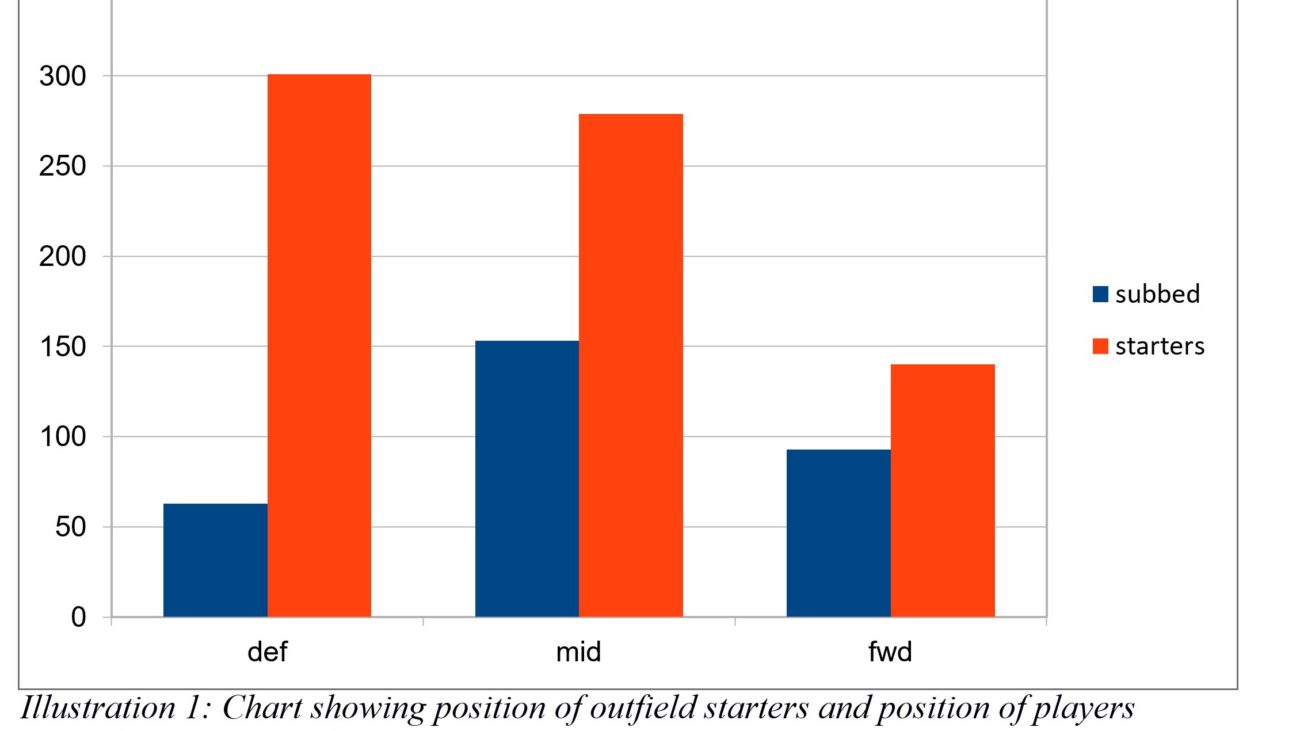Project restart has been given the green light and the Premier League is all set to return on the 17th of June, albeit in alien conditions with games played behind closed doors and possibly in some circumstances at neutral venues. The International Football Association Board have also approved a rule change to allow the use of 5 substitutes per game and to scrap VAR for the remainder of the season, although it remains to be seen if the Premier League will choose to implement either of these ideas. The Bundesliga has chosen to adopt 5 subs but taken the decision to persist with VAR following their resumption and it is widely expected that the authorities in England will follow suit.
The Germans, famed for their efficiency, have seen their top two divisions resume weeks ahead of their major European counterparts giving us at least a clue to what we can expect from football in these new conditions and any potential FPL implications. The most obvious initial observation is that home advantage has diminished with 44% of Bundesliga games being won by the home team in games with crowds present this season and that has dropped to 27% without crowds in behind closed doors games. Obviously 37 games is a small sample but the drop is significant enough to suggest games behind closed doors are less favourable for home teams than in normal conditions and that could be worth factoring into captain decisions or when looking at fixture runs.
The potential introduction of 5 substitutes per game could make FPL a whole lot more frustrating. In the opening 25 gameweeks of the Bundesliga season there were an average of 5.4 substitutions per game with 73% of outfield players completing the full match. Since the new rules there have been 8.6 subs per game and the number of outfield players reaching the final whistle has dropped to 57%.

Defenders are far less likely to be substituted off during a game and this could lend itself to a reinvestment in the big at the back strategy which proved popular at the beginning of this season. Although largely unsuccessful in its previous guise the tactic could prove fruitful for the remainder of the season given the increased certainty of minutes and defenders generally bearing less of the brunt of inevitable rotation. Those taking up more defensive roles in the team are not only less likely to be substituted but they are also less prone to the ultimate FPL nightmare of playing less than 60 minutes.

Those filling more attacking positions see their minutes curtailed far more frequently with 66% of starting forwards and 55% of starting midfielders having their number displayed by the 4th official to cut short their playing time.
Of the 309 substitutes made since the Bundesliga restart 57 have been made before the 60 minute mark, which is a worrying statistic for FPL managers. However in the 4 weeks prior to the suspension this figure was 47 in the Bundesliga compared to 33 in the Premier League in the same period, possibly suggesting that managers in the German top tier are more willing to make early substitutes in general.
Whether the trends we have seen in the Bundesliga translate into the Premier League remains to be seen and even if they do there will obviously be exceptions to those. Wolfsburg have so far refused to use more than 3 subs in any of their 4 games since the resumption. Could Sean Dyche be the English equivalent of Oliver Glasner and follow a similar path? The surroundings into which the Premier League and FPL are returning are far from normal and the impact that they will have on the game we love are far from clear but a strong defence and the most rotation proof squad you can muster feels like a good basis to formulate an FPL strategy from whatever the post-Covid Premier League has in store for us.
